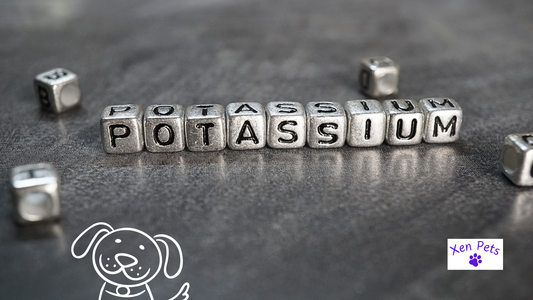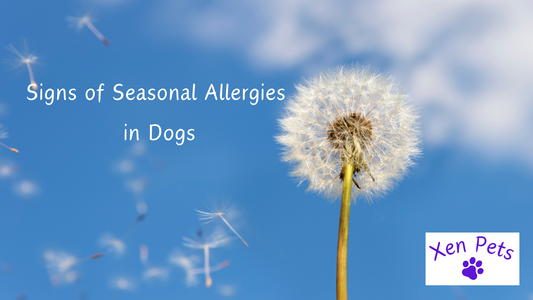10 Warning Signs Your Dog Is Crying for Help
Tory JohnsonShare
As dog owners, you understand the importance of providing a safe and loving home for your pet. While we all do our very best to take care of their physical and mental wellbeing, it can be difficult to tell how they are really feeling – especially if something isn't quite right.
If your dog is showing any signs or behaviors that indicate distress, it could mean they are asking for help. Sometimes dogs suffer in silence and sometimes they'll cry for your assistance.
In this blog post, we'll look at what warning signs show your dog is crying for help. Read on and learn how to recognize when your dog needs extra care or even a visit to the veterinarian.
10 Warning signs your dog is crying for help
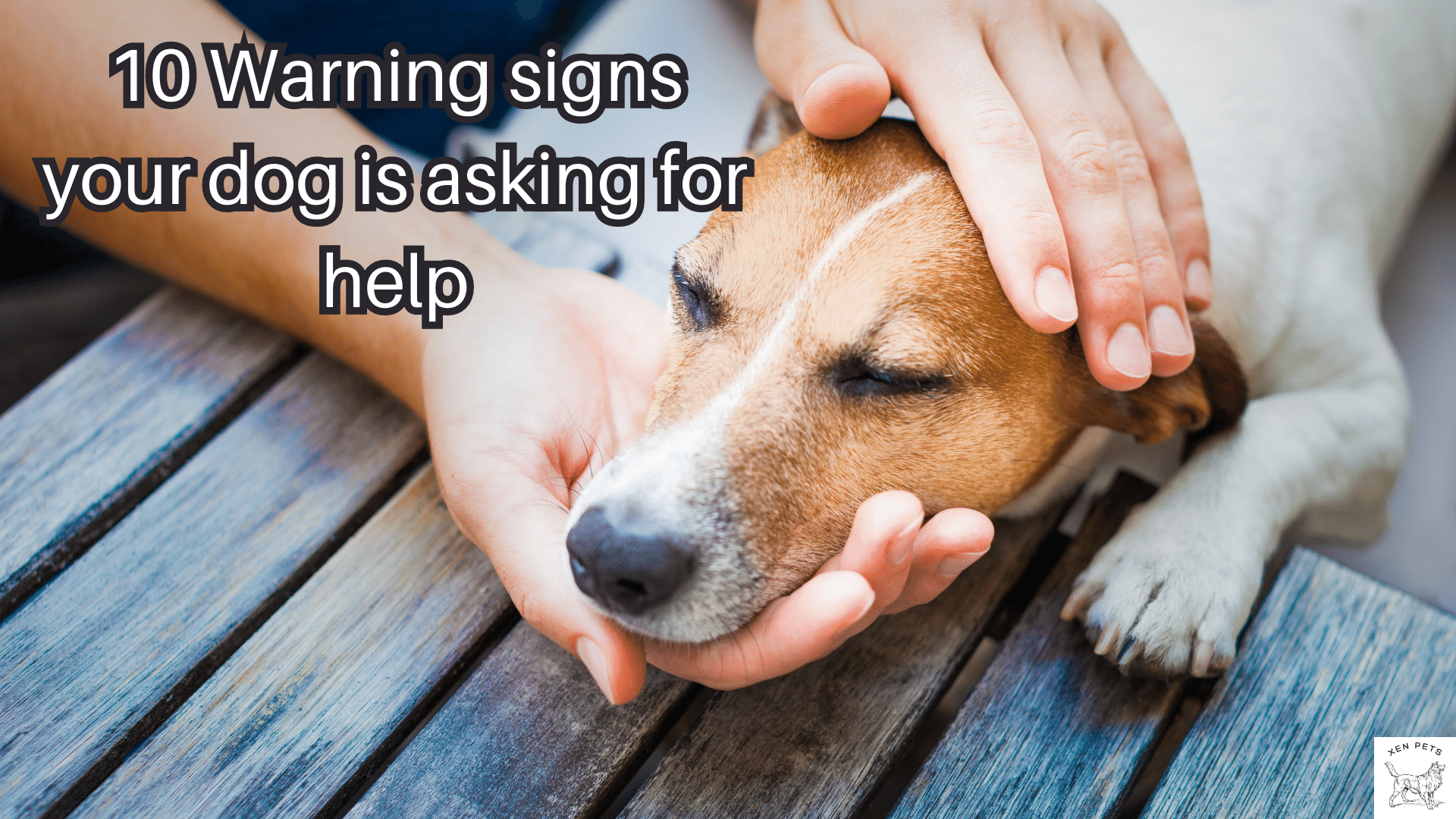
It's an unfortunate reality that dogs suffer from a variety of ailments just like humans.
That's why it's crucial to understand the warning signs your dog needs help.
While some symptoms may seem fine, others may be indicative of more serious health issues.
It's important to assess each warning sign individually and determine whether it requires immediate attention or not.
By being vigilant and staying informed, you can ensure your dog receives the attention they need to lead healthy and happy lives.
1. Lack of energy or lethargy

A change in energy level is another potential sign that something is wrong with your dog.
If your dog suddenly becomes very lethargic and doesn't want to play or go for walks like they normally would, this could be a sign of illness or pain.
On the other hand, if your dog becomes very hyperactive and seems unable to settle down, this could also be a sign of an underlying problem.
Any changes in energy level should be reported to your vet so that they can determine the cause and provide appropriate treatment.
2. Loss of appetite
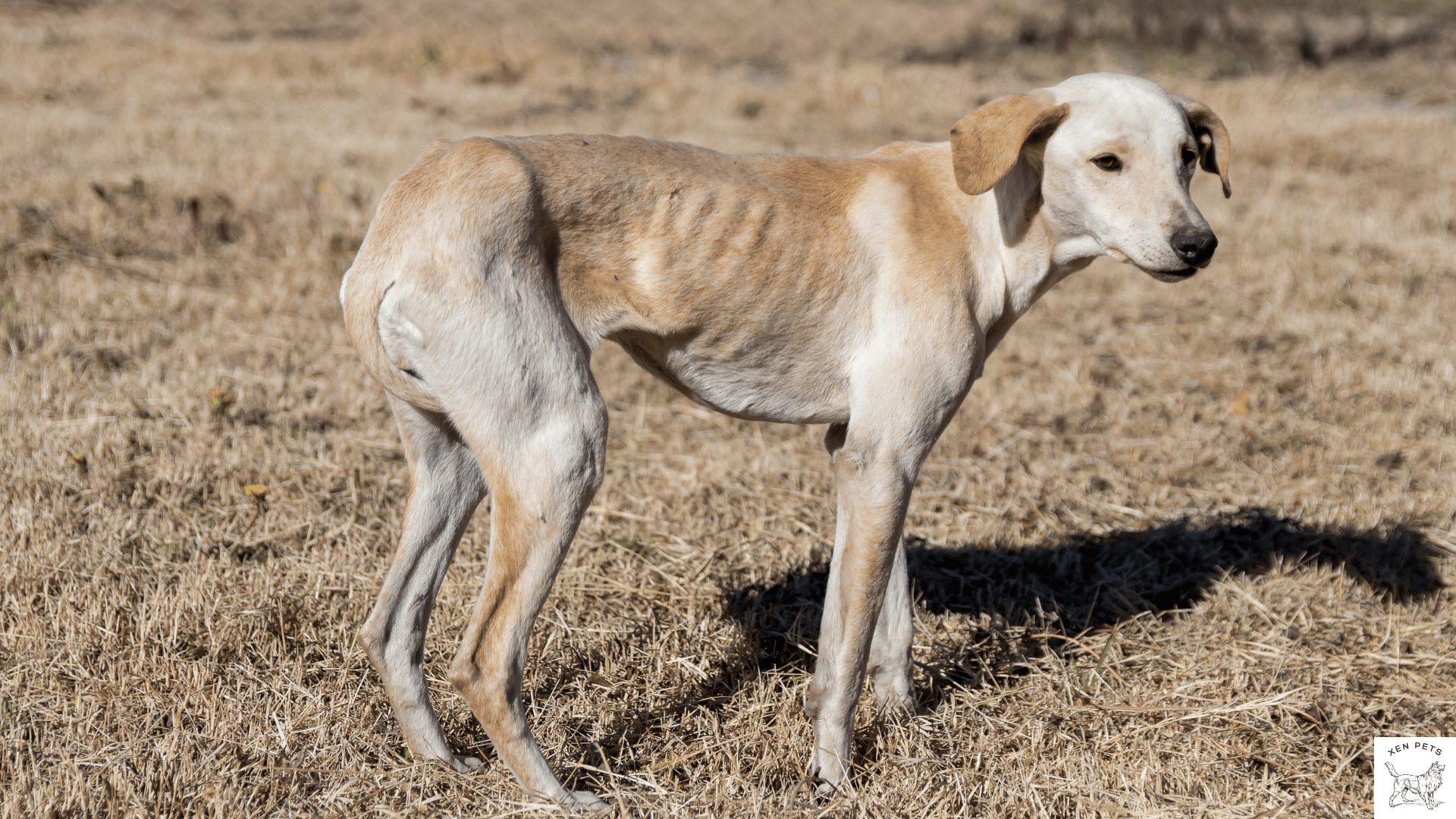
A loss of appetite is a potential warning sign that something may be wrong with your dog. If your dog stops eating or has a change in eating habits, it is important to take notice and speak with your veterinarian.
3. Weight loss
Sudden weight loss can also be a sign that your dog is not feeling well. If you notice that your dog has lost a significant amount of weight, it is important to have him checked out by a professional. This could be attributed to the loss of appetite, showing it has gone on for a while.
4. Change in potty behavior
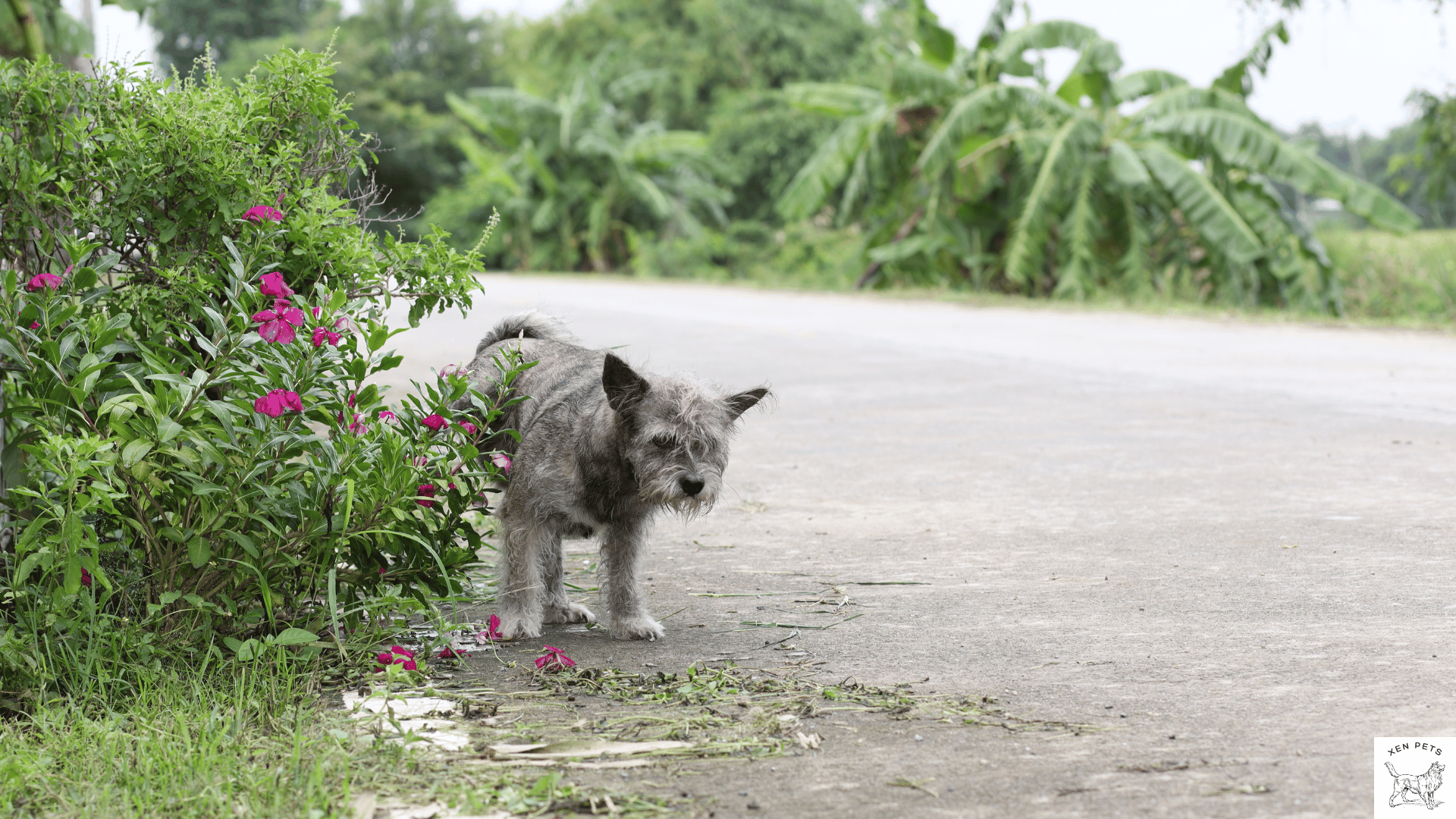
A change in bathroom habits is another potential warning sign that something may be wrong with your dog.
If your dog is urinating more frequently, this could be a sign of kidney disease.
If your dog starts urinating more frequently or has accidents inside the house, it is important to speak with your veterinarian.
5. Difficulty walking or moving
If you notice that your dog is having difficulty walking or moving, it is important to seek professional help right away. This could be a sign of pain or an underlying health condition that needs to be addressed.
6. Excessive panting or drooling
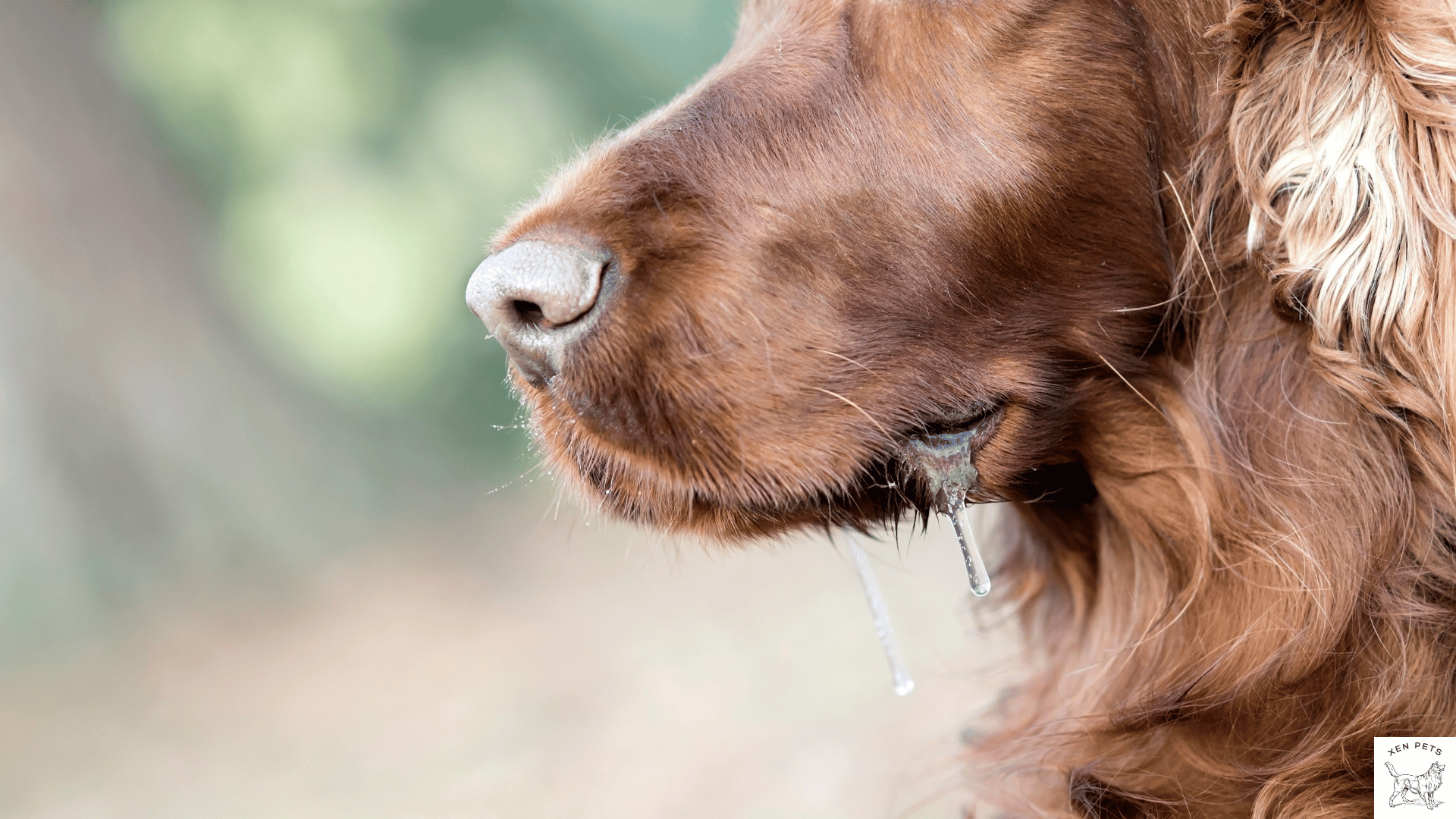
If your dog is panting more than usual or if they are drooling excessively, this could be a sign that something is wrong. Panting helps dogs to regulate their body temperature, so if they are panting excessively, it could be a sign that they are overheating. Excessive drooling can also be a sign of nausea or an upset stomach.
7. Vomiting or diarrhea

Diarrhea and vomiting are both common signs that something is wrong with your dog.
Diarrhea can be caused by a variety of issues, including infection, intestinal parasites, or food intolerance.
Vomiting can also have many causes, such as ingestion of toxins or eating too much too fast. If your dog has diarrhea or vomiting for more than 24 hours, it is important to take them to a vet immediately to rule out any serious problems.
8. Change in behavior

A change in behavior is another potential sign that something is wrong with your dog. If your dog suddenly becomes aggressive when they have never been before, this could be a sign of pain or illness.
If your normally friendly dog becomes withdrawn and doesn't want to interact with you or other people and dogs like they normally would, this could also be a symptom of an underlying problem. A change in sleeping habits can even be significant.
Any changes in behavior should be reported to your vet so that they can determine the cause and provide appropriate treatment.
9. Your dog is hiding

If you notice your dog hiding under the bed or couch more often than usual, it could be a sign of chronic pain.
Unlike humans, dogs cannot express their emotions or pain with words, so it's crucial to pay close attention to their behavior.
Dogs that are experiencing pain tend to retreat to secluded areas and may become less active or more aggressive when approached. Hiding can be a way for dogs to signal discomfort or try to soothe themselves.
10. Your dog is in pain
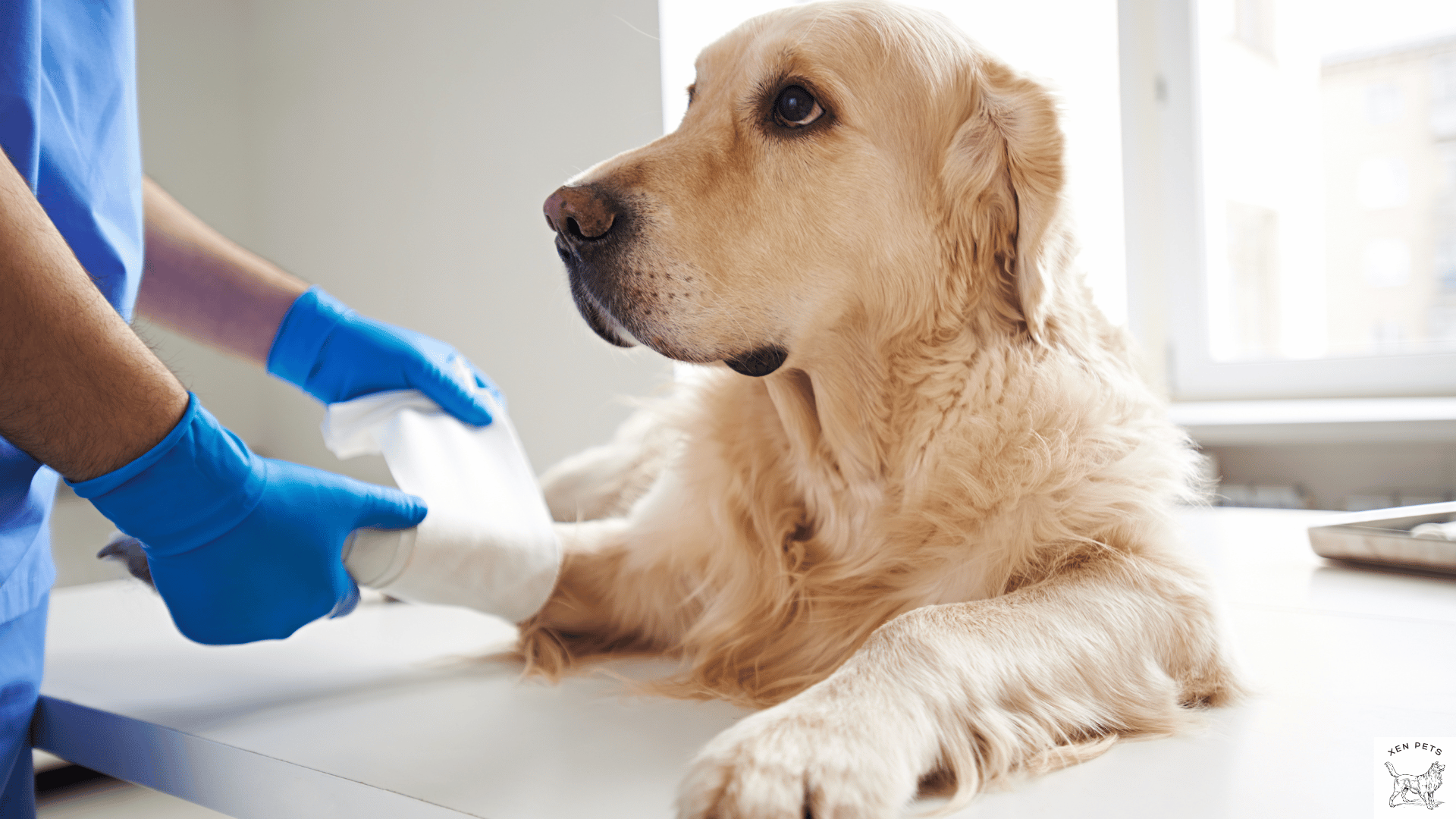
It's important to take note of any other unusual behavior your dog is exhibiting, such as limping or whining when touched. Understand and identify what is causing your dog pain. And consult with a veterinarian for proper diagnosis and treatment for pain relief (e.g. pain medication).
Don't delay in seeking help for your furry friend – detecting and treating your dog's pain early can lead to a better quality of life and a happier pup.









